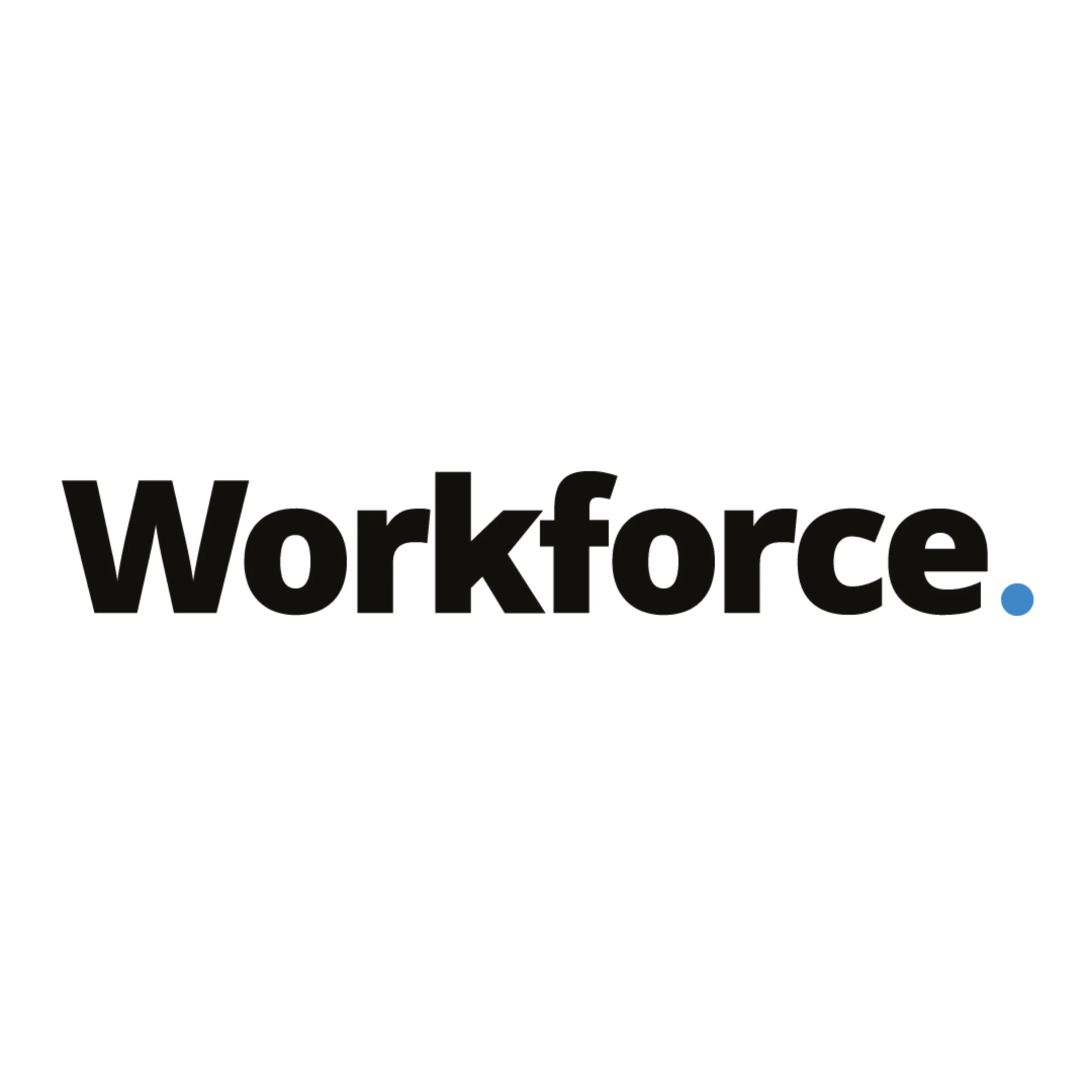Leadership programmes for professionals are no longer viewed as optional perks. For Nigerian organisations, they have become a strategic necessity. Executives and HR leaders increasingly recognise that technical expertise alone will not prepare managers to carry the weight of tomorrow’s business challenges. The future of an enterprise often depends on how well it grooms its next generation of leaders, and that requires deliberate, structured development.

Why executives must care about leadership programmes
Executives sometimes hesitate to invest in training because they expect experience to naturally shape capable leaders. In practice, experience without structure often produces managers who excel at task execution but stumble when faced with strategy, culture, and people leadership. Programmes provide the scaffolding that helps professionals transform from competent managers into leaders who can drive performance and inspire trust.
For Nigerian businesses competing in volatile markets, the stakes are especially high. A well-designed corporate leadership development programme provides the practical exposure that helps leaders manage risk, interpret complexity, and act decisively. It also creates alignment, ensuring that the behaviours executives want at the top are nurtured consistently across different levels of the organisation.
What makes a strong programme
Not all initiatives deserve executive endorsement. The difference between a generic course and a programme that changes careers lies in the design. Strong programmes tend to:
-
Anchor on the organisation’s strategic priorities so the lessons directly support growth targets.
-
Blend theory with practice, using simulations, projects, and coaching to make learning stick.
-
Provide structured mentoring that shortens the learning curve for younger managers.
-
Focus on soft skills such as communication, influence, and emotional intelligence alongside technical knowledge.
By weaving these elements together, organisations avoid the trap of sending employees on one-off workshops that generate excitement but fade quickly. Instead, they build habits and capabilities that endure.
The role of executive leadership development
When it comes to preparing leaders for senior roles, an executive leadership development programme carries unique weight. These programmes address challenges that only appear at the top: managing shareholder expectations, balancing short-term pressures with long-term vision, and building cultures that attract and retain top talent.
Executives who experience this kind of development learn to operate at a higher altitude. They are trained to see the whole business, not just their function. They also gain exposure to ethical dilemmas and governance frameworks, which are especially critical in Nigeria’s regulatory environment. This kind of preparation not only benefits the organisation but also builds confidence in succession planning, reducing the risk of leadership gaps.
Frameworks that sustain growth
Even the most talented facilitator cannot transform an organisation if there is no system to support change. That is why a structured framework matters. A leadership development programme framework provides a roadmap, ensuring development is not scattered or reactive.
Such frameworks often begin with assessments to identify potential leaders, continue with layered learning experiences tailored to career stages, and conclude with measurable outcomes. They also include ongoing reinforcement through coaching and peer networks. By embedding development into the daily rhythm of business, organisations increase the chances that new behaviours will translate into results.

Choosing the best
Given the number of options available, executives often ask how to identify the best leadership development programme for their teams. The answer usually lies in fit rather than size. The best programme is not necessarily the most expensive or the most internationally branded. It is the one that addresses the organisation’s unique context and produces visible change.
For a Nigerian bank, that might mean a programme emphasising regulatory agility and customer service. For an FMCG, it might prioritise supply chain resilience and innovation. The best programmes share two things in common: they are measurable, and they adapt global insights to local realities.
Why professional leadership training matters early
Waiting until managers reach senior levels before introducing development creates risk. By then, habits have already been formed, and blind spots may be harder to correct. Professional leadership training at earlier stages helps build a strong pipeline. Supervisors and mid-level managers exposed to structured programmes learn how to communicate clearly, resolve conflict, and think strategically long before they are asked to lead divisions.
Organisations that invest early often discover that promotions run more smoothly, with fewer performance dips during transitions. Over time, this strengthens the leadership culture and reduces dependency on external hires for critical roles.
Practical examples in Nigeria
Several Nigerian organisations already treat leadership development as a core strategy. Telecoms companies, for instance, run accelerated programmes to prepare young engineers for managerial roles, ensuring technical talent does not stagnate. Financial institutions sponsor high-potential managers on structured development journeys that include both local case studies and global perspectives.
These examples show that leadership development is not an abstract ideal. It is a practical investment with measurable returns. When organisations commit, they see improvements in retention, succession strength, and overall performance.
Conclusion
Leadership programmes for professionals matter because they transform ambition into capability. They ensure that Nigerian executives do not leave the future of their organisations to chance but instead prepare leaders who can thrive in complexity. Whether it is a corporate leadership development programme for managers, an executive leadership development programme for senior leaders, or targeted professional leadership training for early-career professionals, the goal remains the same: building a leadership pipeline that is both deep and resilient.
At Workforce Learning, we understand that Nigeria’s organisations need programmes rooted in both global best practice and local realities. That is why we design structured frameworks that strengthen capability at every level. If you are looking for the best leadership development programme for your organisation, send us an email at hello@workforcegroup.com or schedule a free consultation now. And for continuous insights on leadership and learning, follow us on LinkedIn.

